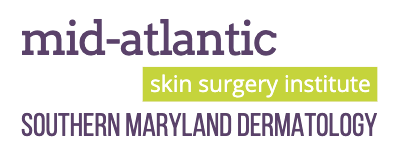Mohs surgery has been shown to be a highly effective treatment for certain types of skin cancer, with a cure rate of up to 99 percent for certain tumors.
Due to the fact that the Mohs procedure is micrographically controlled, it provides the most precise method for removal of the cancerous tissue, while sparing the greatest amount of healthy tissue.
For this reason, Mohs surgery commonly result in a significantly smaller surgical defect and less noticeable scarring, as compared to other methods of skin cancer treatment.
The Mohs procedure is recommended for skin cancer removal in anatomic areas where maximum preservation of healthy tissue is desirable for cosmetic and functional purposes.
It may also be indicated for lesions that have recurred following prior treatment, or for lesions which have the greatest likelihood of recurrence.
If you need to cancel or reschedule an appointment, we ask that you kindly notify us at least 48 hours notice prior to your scheduled appointment time.
In addition, Mid-Atlantic Skin does require a deposit when scheduling certain cosmetic procedures.
Please review our cancellation and deposit policy.
Watch our Mohs surgery patient education video below. It covers all the basics of skin cancer and details of the Mohs surgery process.
The video is nine minutes and 20 seconds long.
More Mohs Surgery Resources:
The ACMS serves as the voice of the specialty, promoting and advancing the highest standards of patient care through fellowship training, research, education and public advocacy.
The organization was founded in 1967 by Dr. Frederic E. Mohs, who pioneered a highly specialized and precise technique that removes skin cancer in stages, one tissue layer at a time, resulting in minimal damage to the surrounding healthy tissue and the highest potential cure rate, at up to 99%. Dr. Mohs served as the first president of the College.
You want your skin cancer treatment to be performed with the highest standards of quality and competency. The American College of Mohs Surgery is the only organization that requires its members, after their years of residency training, to successfully complete an extensive fellowship of at least one full year of hands-on training in the Mohs procedure under the supervision of a highly qualified instructor.

